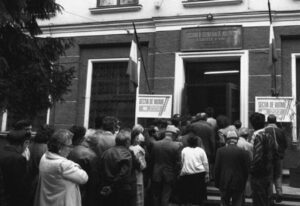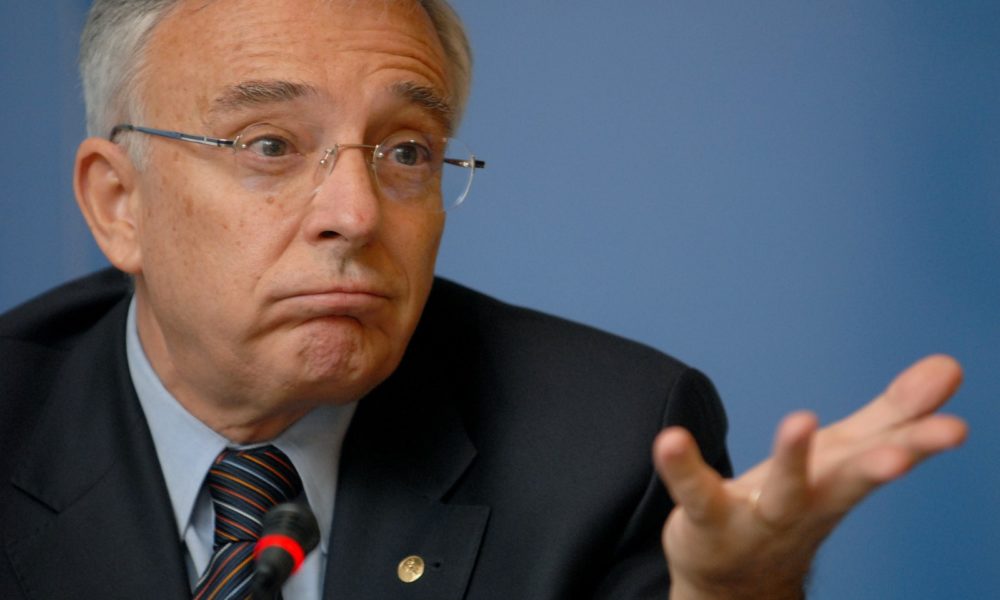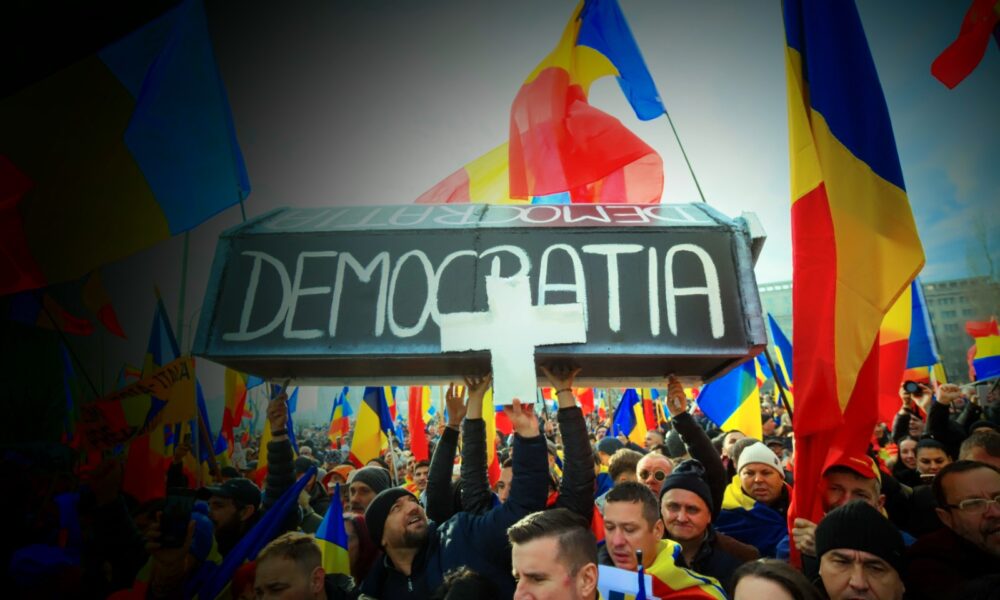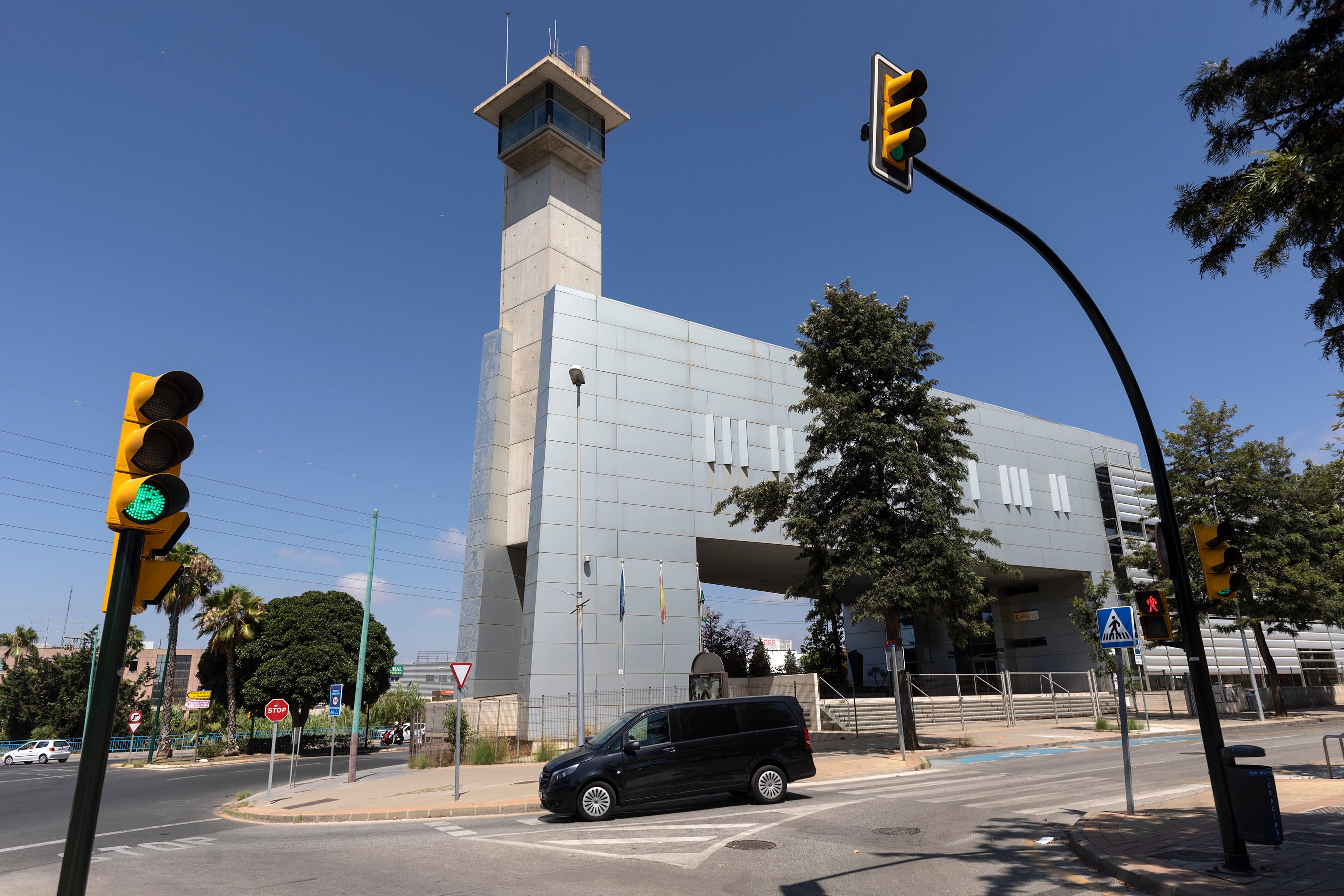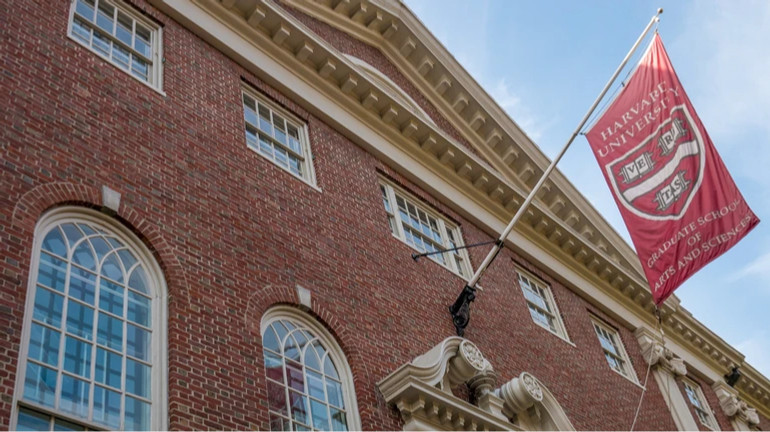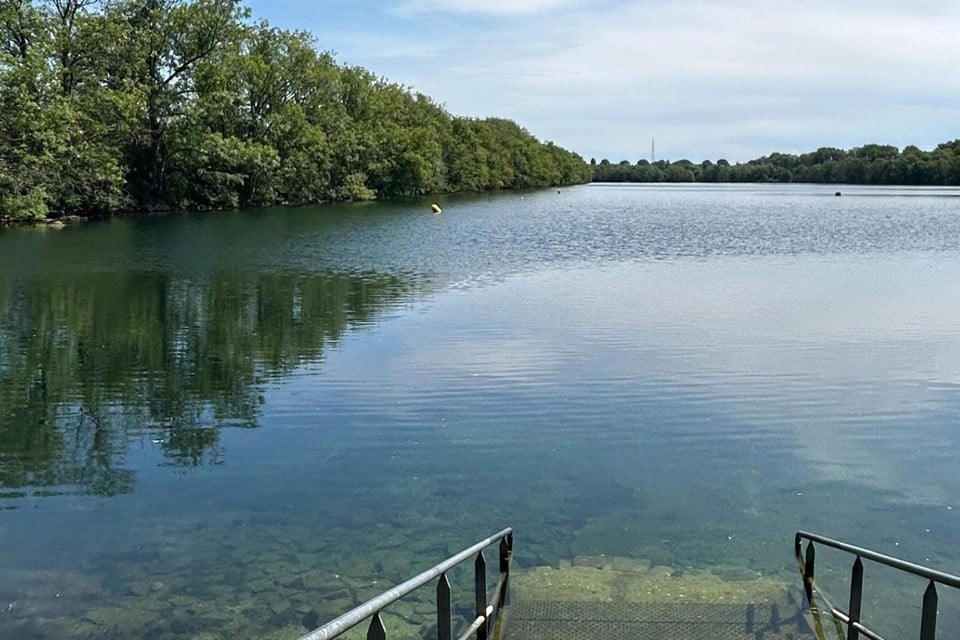It is 35 years since the first elections in post -communist Romania, Sunday of the Orb
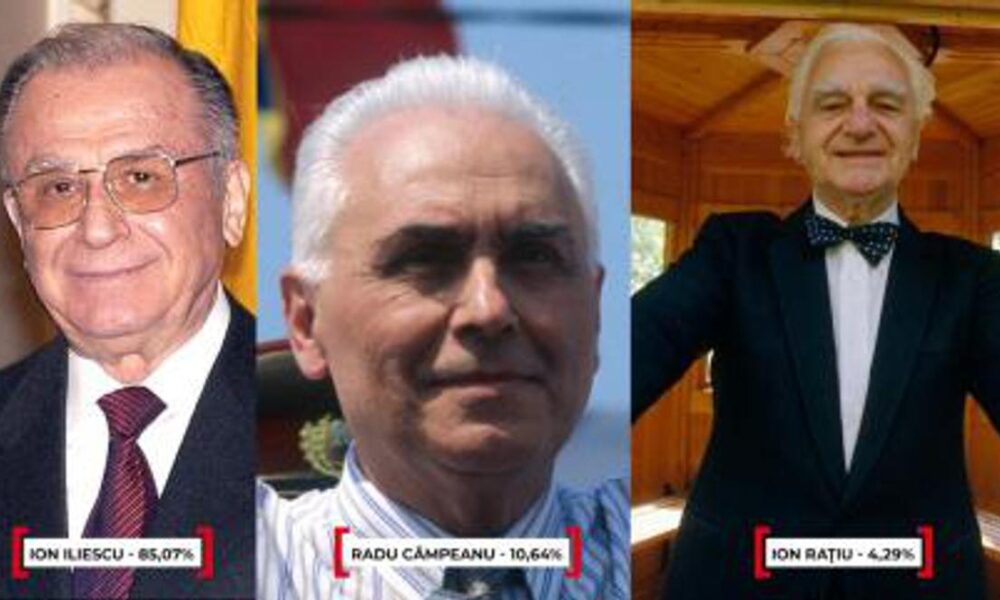
The first electoral test in the post-communist history of Romania was represented by the general elections of May 20, 1990, which took place on the basis of the Decree CPUN no. 92 of March 14, 1990 regarding the election of the Parliament and the President of Romania. The decree established that the Parliament would be elected by proportional vote, on party lists, without the existence of an electoral threshold. Thus it was possible to enter Parliament, no less than 27 political formations in the Chamber of Deputies (including 11 belonging to national minorities) and 7 in the Senate.
However, an increased imbalance between the FSN winner (67.53 % of the mandates) and the other formations has been manifested. Only the UDMR and PNL had a certain parliamentary weight of 7.34 % each. Nearly 15 million Romanians appeared at the ballot box, choosing Ion Iliescu with a crushing percentage.
They are the first free elections in Romania after the Second World War, concluded with the victory of the former Communist (FSN) and the election of Ion Iliescu as president of Romania, given that, initially, the National Salvation Front, the political formation Plămădi in that bleeding December, had to leave history. However, on January 23, Ion Iliescu, president of the Council of the National Salvation Front, announced that, in the elections that will follow, on May 20, 1990, the political formation will be presented in elections.
Election campaign Corneliu Coposu Foundation collection.
The support came from the Romanian television, which had entered under the total political control of power. 14,826.616 voters appeared at the ballot box, ie 86.29% of the total. Of these, 85.07% voted with Ion Iliescu. Only a little over 10% voted the PNL candidate, Radu Câmpeanu, and only 4.29% on Ion Rațiu, proposed by PNȚ.
After many years, Nicolae Raţiu, the son of the great politician Ion Raţiu, told the truth how the election campaign in those years was running when Romanians learned what democracy means.
« When he first heard that there would be free elections, my father honestly believed that non-communist parties would win and although he continued to believe in this, I am sure that this father’s faith had become more insecure, although he never publicly recognized this. His intention was to be elected by Parliament for Turda, but he asked for his president. Optimist, but also realistic and tried to do everything possible to make a possible win.
Nicolae Rațiu confessed that it was impossible for them to carry an election campaign outside Bucharest. « He was angry, he gave numerous interviews for the foreign press, declaring that the choices were fraudulent. I had and showed a voting ballo. which he and FSN controlled effectively described as the right the man who saved the country of Ceausescu and that life with him as president will be « democratic » and wonderful. Of course, no one understood the meaning of democracy despite the famous comment that my father did in the final interview on TV before the elections: « I will fight until my last drop of blood so you will not agree with me! »
(photo choices)
How we explain today the massive vote granted to Ion Weiner
Asked by reporters from Freedom how the massive vote can be explained to Ion Iliescu, although at that time it was no longer a secret that the FSN leader had directed the coup in December 1989, President IICCMER believes that Romanians preferred a saving figure to offer them the illusion, if not the guarantee, stability. In addition, five months after the removal of the communist regime, it was not very clear to most of the population that had happened in reality in December 1989. People were still convinced that they had participated in a revolution started from the street. « Here comes what in the political sciences is called the founding mythology of post -revolutionary regimes. In any transition process, especially one with ambiguous revolutionary features – like the one in December 1989 – the population needs a » saving « figure, to offer the illusion of stability. Ion Iliescu was, without a doubt. Intelligent democratic, presenting itself as the guarantor of a « peaceful change ». Şandru.
How handled the Romanians were in May 1990
However, the results are favorable to Ion Iliescu also contributed sophisticated mechanisms for manipulating public opinion, noted, by foreign officials. At that time, TVR was the only television that worked in Romania, and the historical parties did not have a favorable campaign, FSN being presented as the only force capable of saving Romania.
« Undoubtedly, the election campaign in the spring of 1990 was marked by sophisticated mechanisms of public opinion manipulation, with an essential contribution from the Romanian television, an institution that, at that time, functioned as a true tool for legitimizing the provisional power.
The manipulation was achieved by presenting the historical parties as being anacronic -that is, detached from the social reality -or dangerous, as they would have to restore instability, wild privatization or even « the sale of the country to foreigners ». The induced fear was, in essence, that of returning to chaos, social conflict and losing minimal subsistence guarantees. Television, accused of manipulating the elections: « We do not sell our country. »
It was a form of political capitalization of fear, in which the National Salvation Front presented as the only rational option in a derived world. Basically, Romania experienced an electoral transition in 1990, but not a deep democratization.
The elections were free in form, but deeply influenced by structural and symbolic factors that favored electoral conservatism. This phenomenon-of an emerging democracy dominated by old elites-is often called in the political sciences « delegate democracy » (Guillermo Oãdonnell), that is, a regime in which leaders, although democratically chosen, are not truly responsible to citizens, but exercise their power in a Cvasiando manner.
In conclusion, the elections of May 1990 were less an expression of the democratic will in the liberal sense of the term and more an act of social conservation in a moment of deep uncertainty, in which the voters opted not for the future, but for a form of recycled past, but delivered with the appearance of a new beginning, the source shows.
The elections on Sunday of the Blind will bring to power representatives of the second echelon of the old regime, neutralizing any meaning of the slogan that is shouting in those days in the markets of the big cities: « Better dead than the communist! ».

